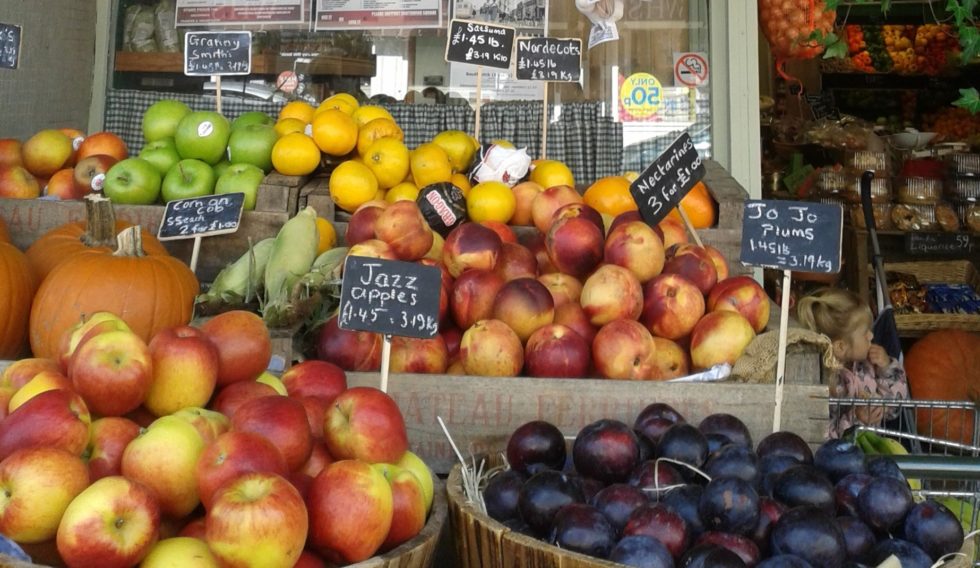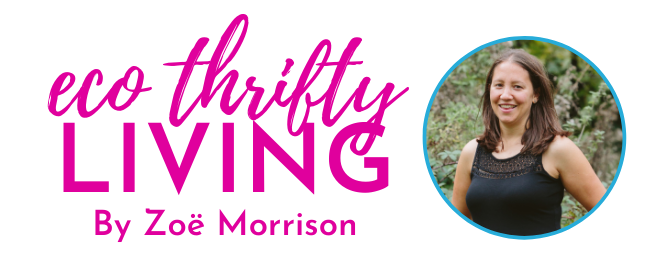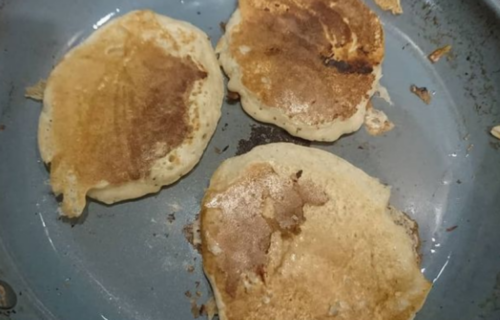
15 supermarket alternatives, where you can find sustainable groceries on budget
I spent nearly a year shopping outside of the supermarkets as a challenge a few years ago and I found lots of places to buy food. I’ve put together this list of 15 supermarket alternatives below. Before we get started though, I have a tip on how to make sure you get the best prices on your purchases.
This post has been paid for by Latest Deals and contains affiliate links marked with an asterisk. All opinions are my own and if you click through and buy something it won’t cost you anything extra. It will help to support the blog though – thanks!
How to make sure you pay a good price for the food you buy
Prices can vary widely across shops and it is good to have a benchmark to compare them to before you buy. I often quickly look up the price of a product in the supermarkets to see what I would pay for it there to see if the item is good value or not.
There used to be a great website where you could price check products across supermarkets, which has recently shut down. But happily there is a new feature in the Latest Deals app, which has been set up practically overnight to compare prices! You can just type in something like sweetcorn or rice and a list of all the matching products will come up showing what the price across the supermarkets.
Obviously at the current time it isn’t a good idea to go shopping in lots of different places. But you can still shop around when shopping online or over the phone (a lot of smaller businesses and local shops are doing deliveries now, some of which you need to phone up). It is also handy for getting an idea of how reasonable or expensive the supermarket alternatives are.
So where can you shop other than the supermarkets? Here are a list of 15 supermarket alternatives.
1. Your local zero waste shop can be a great supermarket alternative
A zero waste shop, is a shop that sells products loose, often in dispensers. You usually need to take your own containers with you to transport your food home in. To find your local zero waste shop have a look at my UK directory of Zero Waste Shops .
Some can be used as a full supermarket alternative because they stock fresh food. Others only stock household products and dried goods. Look at their website/ give them a call to find out what they stock, whether they are open and what you need to take with you, before you go.
From what I have seen online, many of them are working really hard to stop shelves from being empty and some are offering to take your list and pack up your order for you/ home deliver.
2. Wholesale and bulk online stores
We often buy food in bulk quantities, because it reduces packaging and cost by weight. One of the places we shop is Wholefoods Online*.
There are more wholesalers all over the place. Look into what your local area has to offer if you want to buy in bulk.
3. Farm shops – depending on which one they could be a full or partial supermarket alternative.
Sometimes these are at a farm and sometimes they aren’t on an actual farm, but are linked to a farm. They usually sell a range of goods and some can act as a full supermarket alternative i.e. you could get most of your groceries here. Depending on the shop products may be more expensive than usual supermarket prices or cheaper. It is worth comparing prices and shopping around.
4. Farm gates – get there early to avoid empty shelves
These are different to farm shops in that they tend to only sell one product – the product that the farm produces. I have found shopping from the farm gates, especially in bulk is cheaper by weight. I have previously bought trays of eggs and honey directly from farm gates. When I bought eggs from the farm, I set up a rota of friends and we all took it in turns to go to the farm every few weeks. We would buy trays of 30 eggs and they would last a few weeks.
5. Corner shops – an alternative to supermarkets for basics and top up shops
Corner shops are more expensive in general, but I found during my time avoiding supermarkets, that popping to the corner shop for top up bread and milk saved me money. I wouldn’t get distracted into buying lots of other things I hadn’t planned to and that is so easy to do in the supermarket!
6. Milk delivery
Your local milkman or woman will deliver milk to your doorstep. We got our milk delivered in glass bottles for a while, but it is extremely expensive and in the end we stopped. If you can’t afford the glass, the plastic bottled milk is more reasonably priced.
7. The fruit and veg box supermarket alternative – no empty shelves, but hard to get onto their books right now.
On and off we have had fruit and veg boxes delivered. It can be a very convenient way to get fruit and veg delivered to your home, which is mostly unpackaged. Some companies allow you to pick and choose the fruit and veg you want. They sell lots more than just fruit and veg – you can get a wide range of products from these places.
8. Grocers
During my time avoiding supermarkets, I really enjoyed shopping at a local grocers. Most of the fruit and veg was unpackaged and I would take my reusable bags and fill them up. Some have a fridge with chilled products too and sections for store cupboard ingredients. They can be a bit expensive, which is why I stopped shopping there at the end of my challenge. Right now though, some of the more expensive places may be more likely to have supplies available.
9. Butchers/Fishmongers
Check out your local butchers and fishmongers. They are a good supermarket alternative to find meat, fish and poultry. I found my local ones to be good places to get produce unpackaged. At the moment I would imagine they wouldn’t be happy for people to bring their own containers, but you could ask.
10. Bakers
Do you have a local bakers that has bread on the shelves? In normal circumstances they are a good place to get unpackaged bread that you can take home in your own bread bag. You would need to check what the situation is now with your local baker.
Another alternative is to make your own. See if you can get hold of the ingredients (look in your local grocers, corner shop, wholesalers or online if the supermarket doesn’t have any). It is pretty easy to make and you can also make bread the zero waste way
11. Speciality alternative supermarkets
In my town we are lucky to have a lot of speciality supermarkets, in particular, Chinese, Thai, Middle Eastern and Polish ones. I shop in our local Chinese supermarket every so often for bulk rice, nuts, soy sauce, bicarbonate of soda and herbs. In our local Middle Eastern shop they also sell things like bulk lentils, chickpeas, tahini, olives, pickles, herbs and much more.
12. Past their best foods
There are a couple of websites which sell foods which are past their best before date. They are still perfectly safe to eat, they just might not be at their optimum flavour and texture. Foods sold through these sites tend to be cheaper though. For more information look at Approved Food and Love Health Hate Waste*.
13. Local fruit and vegetable, meat and fish wholesale shops/ markets
These places sell fresh food in vast quantities, so you either need a hungry family, a big freezer or a friend to share your purchases with. I tried out my local wholesale fruit and veg market a few years ago – you can read about my experience here: 5000 apples, a million apples and a bananas amount of bananas.
14. Farmers markets and street markets
I don’t know if these will be running as usual, so check before you go. You are more likely to get artisan and organic produce at farmers markets, but it is also likely to be expensive. Normal markets which sell non-organic produce will be cheaper.
15. Visit bulk buy places as a supermarket alternative if you can.
These are wholesale shops. People go here to buy in quantity. You often need to have your own business, or have a friend or relative that does. Plus you or they will need to sign up to a membership. Also a lot of places describe themselves as a cash and carry shop. Stocking up here can save you money overall and mean you have less regular shopping to do.
If you do buy in bulk, then read these tips for how to avoid food waste when you buy in bulk.
A note about food banks
If you are good for food and can afford it, please consider donating to your local food bank. Because of the run on food and worries about jobs, donations are down. Food banks are needed more than ever during this time! If you aren’t good for food – find out how to get help from a food bank and do it sooner rather than later as things are changing fast at the moment. Take a look at the Trussell Trust as a starting point.
I hope you all stay safe and find enough food to eat!
Note: This post has been sponsored by Latest Deals.





